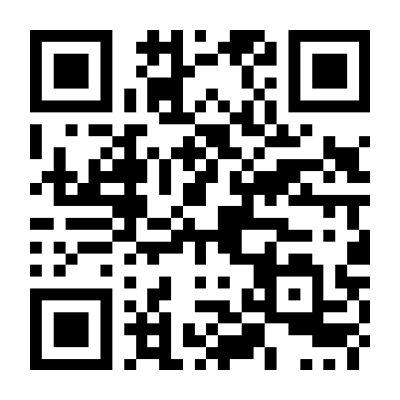单选题
0分
Many experts believe that in the new world of artificial intelligence (AI) human beings will still b...
Many experts believe that in the new world of artificial intelligence (AI) human beings will still be needed to do the jobs that require higher-order critical, creative, and innovative thinking and the jobs that require high emotional engagement to meet the needs of other human beings. The 1 for many of us is that we do not excel at those skills because of our natural cognitive and emotional tendencies: We are confirmation-seeking thinkers and ego-affirmation-seeking defensive reasoners. We will need to overcome those tendencies 2 take our thinking, listening, relating, and collaborating skills to a much higher level.
This process of _3 begins with changing our definition of what it means to "be smart. "
4 . many of us have achieved success 5 being "smarter" than other people as 6 by grades and test scores, beginning in our early days in school. AI will change that because there is no 7 any human being can outsmart, 8 ., lBM's Watson, at least without augmentation. Smart machines can process, 9 , and recall information faster and better than we humans. 10 , AI can pattern-match faster and produce a wider array of alternatives than we can. AI can even learn fasrer. In an age of smart machines, our old definition of what makes a person smart doesn't 11 .
What is needed is a new definition of being smart, one that 12 higher levels of human thinking and emotional engagement. The new smart will be determined not by what or how you know 13 by the quality of your thinking, listening, relating, collaborating, and learning. Quantity is 14 by quality.
We will spend more time training to be open-minded and learning to update our beliefs in 15 to new data. We will practice 16 after our mistakes, and we will invest more in the skills traditionally 17 with emotional intelligence. The new smart will be about trying to overcome the two big 18 0f critical thinking and team collaboration: our ego and our fears. Doing so will make it easier to perceive reality as it is, rather than as we 19 it to be. In short, we will embrace humility. That is 20 we humans will add value in a world of smart technology,
This process of _3 begins with changing our definition of what it means to "be smart. "
4 . many of us have achieved success 5 being "smarter" than other people as 6 by grades and test scores, beginning in our early days in school. AI will change that because there is no 7 any human being can outsmart, 8 ., lBM's Watson, at least without augmentation. Smart machines can process, 9 , and recall information faster and better than we humans. 10 , AI can pattern-match faster and produce a wider array of alternatives than we can. AI can even learn fasrer. In an age of smart machines, our old definition of what makes a person smart doesn't 11 .
What is needed is a new definition of being smart, one that 12 higher levels of human thinking and emotional engagement. The new smart will be determined not by what or how you know 13 by the quality of your thinking, listening, relating, collaborating, and learning. Quantity is 14 by quality.
We will spend more time training to be open-minded and learning to update our beliefs in 15 to new data. We will practice 16 after our mistakes, and we will invest more in the skills traditionally 17 with emotional intelligence. The new smart will be about trying to overcome the two big 18 0f critical thinking and team collaboration: our ego and our fears. Doing so will make it easier to perceive reality as it is, rather than as we 19 it to be. In short, we will embrace humility. That is 20 we humans will add value in a world of smart technology,
参考答案: A
参考解析: [精解]本题考查上下文语义。由上段文意“新型的聪明看重思考和情感投入能力”可知,需要我们投入更多精力以应对Al时代的技能应该也是和情商有关系的,A. associated符合文意。

 百度扫一扫练题
百度扫一扫练题
 关注千题库公众号
关注千题库公众号








